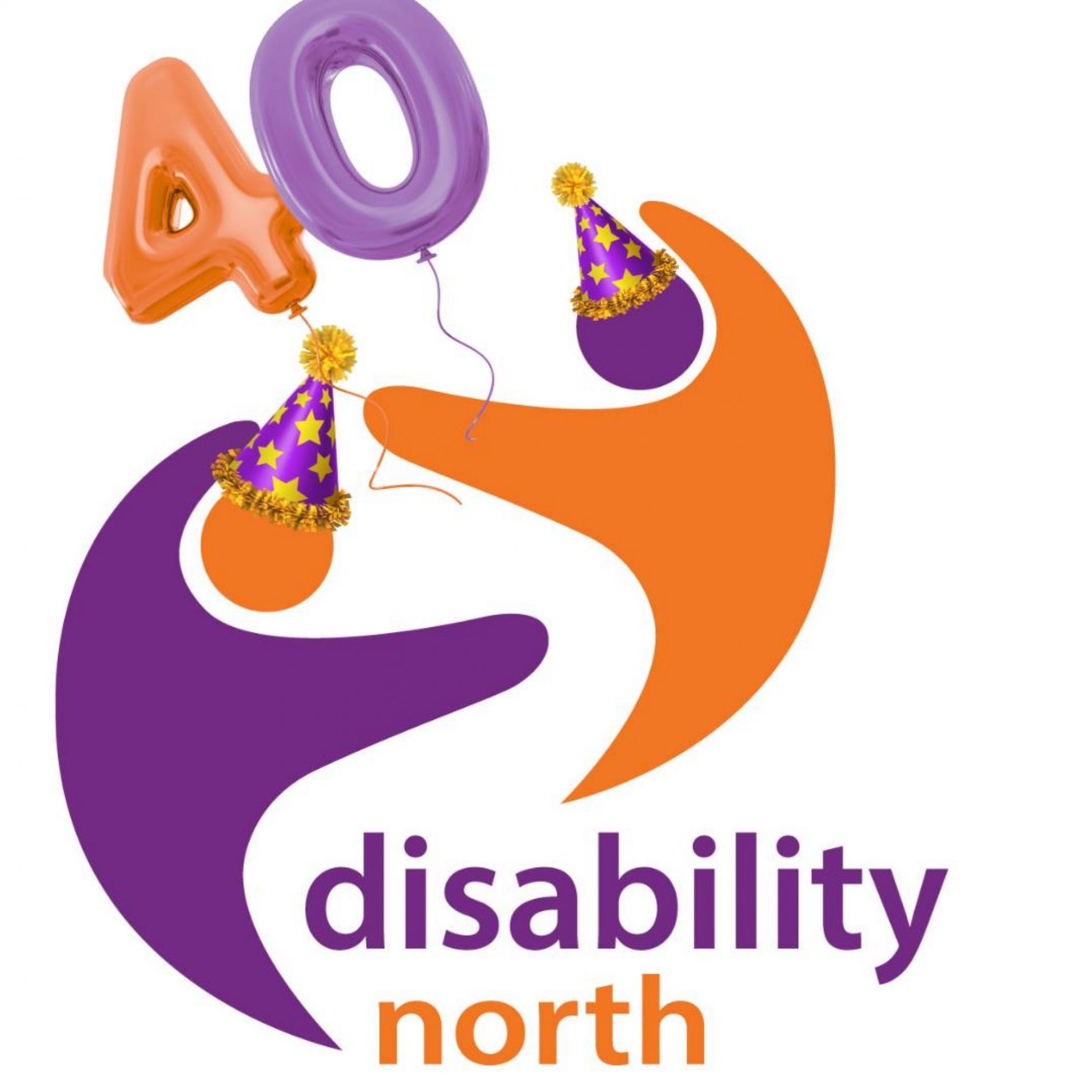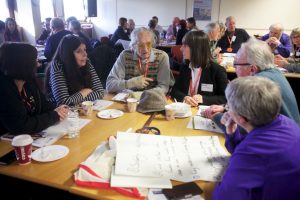Staff at an academy school repeatedly forced autistic pupils as young as five into a tiny cupboard and then held the door shut after they had “meltdowns” in class, a school has admitted.
Parents of three of the pupils are now calling on the school’s head teacher to resign, after an independent panel upheld their complaints.
The room was just five feet square in size, and the word “Hell” was at one point written in red ink on the inside of the door by autistic pupils who referred to it as the “cupboard of Hell”, although staff called it “the quiet room”.
The parents say they told the head teacher, Jonathan Smith, how the cupboard was being used when they copied him into emails complaining about their children’s treatment, but he took no action.
There were shoe marks on the walls and door of the cupboard because pupils would scream and kick out in panic after they were forced inside.
The practice is believed to have continued for at least a year at Ardley Hill Academy in Dunstable, Bedfordshire, whose pupils are between five and 11 years old.
Many of the nine pupils who attended the autistic unit at the mainstream school were also forced onto reduced timetables, with one of them receiving just two hours of teaching a day for two years.
The parents say that the teaching and support staff in the unit had little or no specialist training or experience in autism, which led to them using the “quiet room” following classroom “meltdowns”.
And last December, police investigated an allegation that an autistic child had been thrown to the floor by a member of staff and suffered a head injury.
The academy opened in 2012 after it was converted from a previous council-run school and has since had two full Ofsted inspections, on both occasions being told that it “requires improvement”.
The three families have now passed evidence to Disability News Service (DNS) about the ordeal their autistic children faced at Ardley Hill.
This week they welcomed a decision by an appeal panel that vindicated their complaints about how their children were being treated, including claims that the school had failed to educate or safeguard them, and concluded that there had been “significant failings” in the autistic unit.
They have also complained to Ofsted, Central Bedfordshire council, the Department for Education and the Local Government and Social Care Ombudsman.
Although the council probe led to changes at the school, Smith is still in post.
The parents are now demanding his resignation. At least one other member of staff is believed to have resigned already as a result of the scandal.
All three of the children missed months of schooling after they were removed by their parents from Ardley Hill, and while two are now thriving at their new schools, the third has only just returned to his new school and is still on part-time hours and needs specialist counselling.
One of the three boys has won a prize for being one of the 10 best-behaved pupils in his new school, and another now enjoys most of his lessons in mainstream classes, while his academic progress has “rocketed” since he left Ardley Hill.
The parents have this week described to DNS some of the abusive treatment their children received at the school.
One of the trio, who was eight at the time he left the school, was regularly carried by staff by his wrists and ankles into the cupboard, despite a genetic health condition that affects his joints.
His mother told Smith in a letter: “The memory of Ardley Hill that is sadly etched on my memory for the rest of my life, is being called into the provision at pick up time, where I found [staff member X] holding the door shut on [our son] in the cupboard.
“I looked through the little window and he looked broken, scared and was streaming with tears.
“He was being punished for not coping in a lesson (because incompetent staff had piled several of his known triggers onto him), resulting in a meltdown.
“He needed a cuddle, some understanding and to talk through what had upset him. I cannot erase that devastating image of my son, ever.”
Another parent said in a letter to Smith that her son had been “caged like an animal” in the cupboard, and had also suffered a head injury after being grabbed and thrown to the floor by a member of staff.
She was only notified about the incident two days after it happened.
A police investigation failed to lead to any charges despite evidence from two other members of staff who witnessed the incident.
A spokesperson for Bedfordshire police said this week: “We investigated an allegation of assault, but no further action was taken due to insufficient evidence.”
The pupil who was allegedly assaulted was also kept on part-time teaching hours for 18 months.
His mother told Smith his leadership of the school was “a disgrace” and added: “In summary, my beautiful five-year-old boy was put into your care in January 2017, you failed in every aspect of his learning.
“I will never get back those years, the memories will haunt me all my life.
“[My son] told me he has been subjected to being carried into the cupboard many times and sadly witnessed and heard other children in there screaming, hitting and kicking the door.”
A third family told Smith in a letter: “Are you sorry that these children find it difficult to manage in social situations due to having been isolated in the unit with very little social interaction?”
A member of staff had taken eight months to make a referral for their son to child and adolescent mental health services (CAMHS), although she blamed the delay on the referral getting “lost in the post”.
The member of staff only chased up the referral and confirmed it had not been received by CAMHS after being advised to do so by the boy’s paediatrician.
Their son, who was 10 at the time, later tried to take his own life – because of the way he had been treated at the school, his parents believe – shortly after he finally began receiving support from CAMHS.
His mother said: “If he had received help months earlier, his mental health probably wouldn’t have deteriorated to this point.”
The parents added in their letter to the head teacher: “Are you sorry that [our son] is under the wellbeing team at his new school because he feels worthless and that life is not worth living due to the horrific scenes he witnessed and endured at your school?
“Are you sorry that you did not listen to [our son] when he was assaulted with a stick in the library by other students?
“Are you sorry you did not treat our children as equals, instead you treated them like wild animals?”
Their son is now writing to his former headteacher because of his failure to make a proper apology in letters to him and his parents.
Smith’s letters of apology to the three pupils were just two sentences long, and failed to include the word “sorry”, while those to their parents were just five sentences.
The treatment of the three children by the school also raises fresh concerns about the way that academy and free schools treat disabled pupils, with the school and the local authority apparently blaming each other for the unit’s flaws after the concerns emerged.
There have been repeated concerns over the last decade about the impact on inclusive education of the government’s push to open increasing numbers of free schools and convert maintained schools to academies.
One parent said: “The local authority commissioned and paid for the unit, but then washed their hands of it and only became involved when we went to them with our safeguarding concerns.”
The families spoke out after a complaints committee set up by the school concluded that there were “significant failings” in the practices of the autistic unit, and in the handling of their original complaints.
The school has told the parents that its recent transfer to being run by Chiltern Learning Trust (CLT) will result in improvements, and that it will produce a report “detailing the improved and robust practices and processes that have been implemented” which will ensure there is better safeguarding, training and communication.
The school’s governors will also receive special educational needs training to ensure they can hold the senior leadership team to account.
And the school agreed to write a “full and unreserved apology” to each parent and child for “any distress caused by events”.
But the parents of the three boys say they are unhappy with the “perfunctory” and “insincere” apologies they then received from Smith.
They say the school’s leadership is guilty of “catastrophic failures which have damaged many children and left parents and other schools picking up the pieces for many years to come”.
And they say they believe that no-one has been held accountable for what happened, and for the significant and lasting damage caused to their children.
A CLT spokesperson refused to answer questions about the parents’ concerns, including whether Jonathan Smith would retain his post, and what action it was taking.
But he said in a statement: “Ardley Hill Academy joined the Chiltern Learning Trust on 1 October 2019.
“We are aware of the historic allegations against the school and, working closely with the local authority, a number of investigations have taken place, and will continue to take place, in the short time Ardley Hill Academy has been part of the trust to ensure the school reaches the best possible outcomes.
“While we are unable to comment on ongoing investigations, due to a number of procedural and staffing changes, we are confident that all children at the school are getting a safe and appropriate education.”
Central Bedfordshire council said it carried out a “thorough investigation” after the allegations were raised last year.
It said it recommended in February that the school should: “refresh” staff training; review its behaviour policy and include parental input into behaviour plans; rearrange the autistic unit to be more welcoming; dismantle the “calm room”; and remove locks and revamp the nearby “chill out space” to be “more reflective of de-escalation techniques”.
He said in a statement: “The council investigated parents’ concerns last year.
“The school produced an action plan to implement the recommendations, which have been completed to the agreed timetable.
“In February, we wrote to all parents to update them on changes the school have made.
“We continue to work with the school and monitor the provision.”
14 November 2019. News provided by John Pring at www.disabilitynewsservice.com


